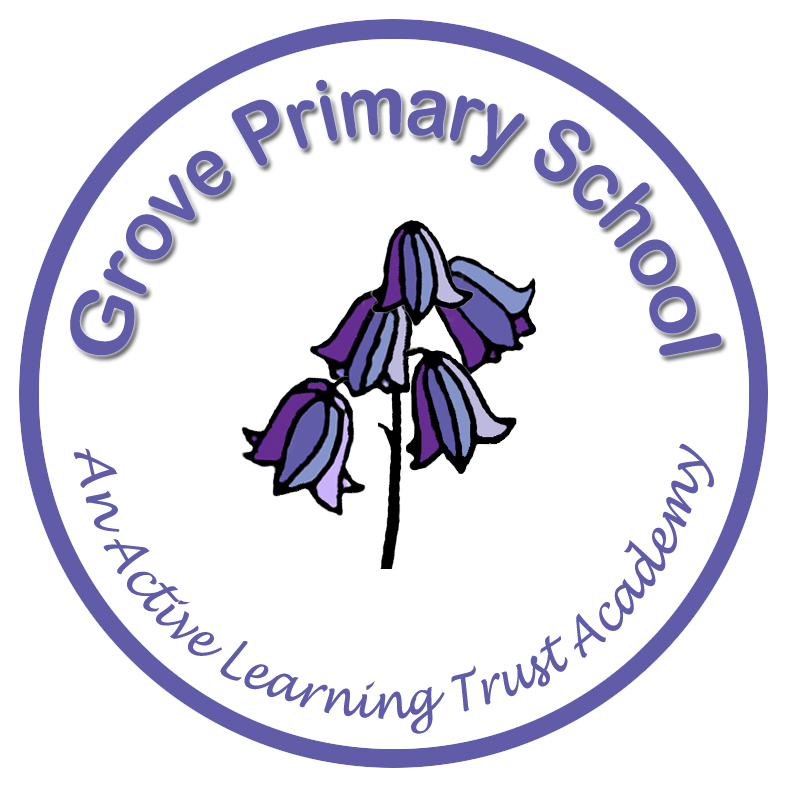Design Technology
Leadership of Design and Technology at Grove Primary School.
Accountable: Miss Becky Spry
Responsible: Miss Jemma Willeard
Design Technology Curriculum
Curriculum Intent
At Grove Primary we intend Design and Technology to be creative and practical and provide children with the chance to problem solve and develop their own creative ideas as individuals and as part of a team. We aim to provide our children with the opportunity to use their imagination to design and make products within a variety of contexts, to provide motivation and meaning to their learning.
Children will be taught a range of topics including; mechanisms, textiles, food technology, structures, and electrical systems (in Key Stage 2). Through hands-on, practical experiences we aim for children to leave Year 6 with some knowledge and skills of DT which will inspire children to be chefs, engineers, sculptures, carpenters, designers and architects. We recognise the important role of DT in preparing our children with skills for life which will enable them to be creative individuals as they become Active Learners, Active Leaders and Active Citizens.
Curriculum Implementation
At Grove Primary Design Technology is a fundamental part of teaching and learning and is taught from EYFS to Year 6.
Children in the Early Years are encouraged to explore and use a range of media and materials whilst also developing their creativity, imagination and critical thinking. This the foundation on which learning is developed throughout the school.
We use a combination of schemes of work to support our planning and teaching of Design Technology in years 1-6. The DT Associations Projects on a Page and Plan Bee alongside the National Curriculum ensures a well-structured progression of DT knowledge and skills throughout the school. Design Technology is taught on a half termly basis which alternates with Art.
Curriculum Impact
Our vision is for children to have a love of Design Technology and develop their creative, design and making skills. Pupil voice is an important part of our assessment allowing us to continually reflect upon our Design Technology curriculum and our offer of extra-curricular activities.
Formative assessment is used to move children’s learning forward in Design Technology and to inform next steps. Summative assessments take place on a termly basis and attainment is tracked against National Curriculum expectations. This allows us to inform and address any trends or gaps in attainment.
The Design Technology Curriculum falls under the Creative Learning Curriculum Pillar. The Design Technology Curriculum has 5 unique pillars (see below) of its own which underpins learning and teaching in this subject.
Pillars

Concepts

Key Stage Progression Assessment
Staff Handbook
Long Term Planning
Medium Term Planning

